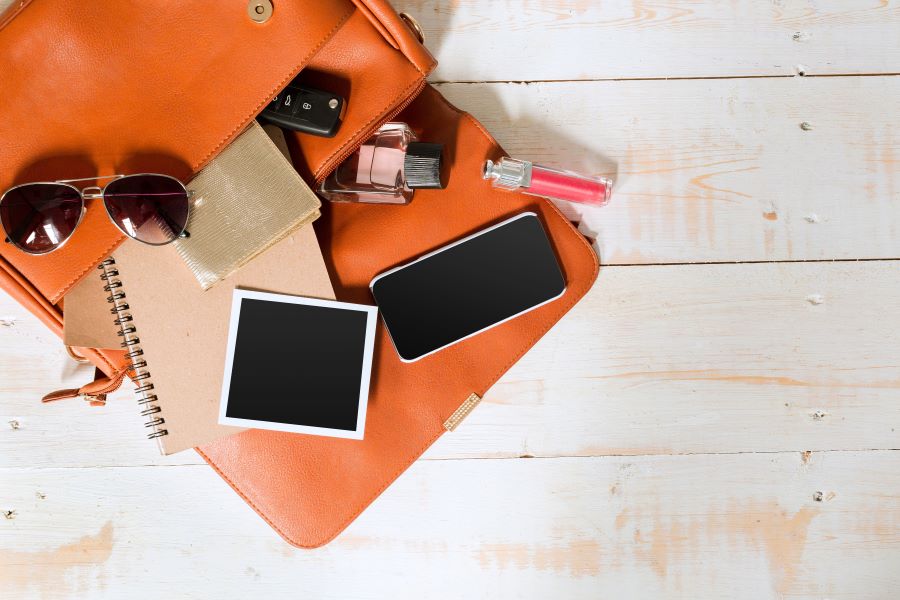What Should You Keep in Your Purse or Wallet?

What Should You Keep in Your Purse or Wallet? – Wallets are becoming less common in today’s world, a trend we’ve discussed before. The rise of smartphones, capable of handling everything from digital payments to transit access and even building entry, has redefined how we think about the traditional wallet. Yet, about half of Americans still carry one, raising the question: what essentials should you keep in it? The answer is fewer items than you might think.
Driver’s License or State-Issued ID
A state-issued ID is still essential in many situations—whether driving, visiting a doctor, boarding an airplane, or handling official matters. While 11 states currently accept digital IDs, this number is expected to grow in the coming years. Until then, it’s wise to carry an up-to-date physical ID with your current address and photo.
Credit and Debit Cards
Despite the popularity of Apple Pay and similar digital payment options, it’s practical to carry at least one credit card. Unexpected issues can arise, such as a magnetic strip failure or a merchant not accepting your preferred card. Carrying a backup credit card is also advisable, but limit yourself to two cards to simplify reporting in case of theft. If you only use one credit card, consider carrying a debit card as well. Debit cards offer the advantage of cash withdrawals, helping you to avoid fees some merchants charge for credit card transactions.
Insurance Cards
Many insurance companies now provide digital access to your policy details through smartphone apps. However, keeping a physical copy of your health and auto insurance cards is still a good idea. Having a hard copy can save time and stress in emergencies like an accident in a rural area with poor cell service or an unexpected trip to a doctor’s office.
Emergency Contacts
While most people store emergency contacts on their phones, it’s smart to have this information written down on a small card in your wallet. A first responder or good Samaritan can quickly reach your designated contact in an accident, illness, or other emergency. Ensure your emergency contacts know their role and are familiar with your medical history and any medications you take.
Cash
Though society is increasingly cashless, carrying a small amount of cash can be invaluable for unexpected expenses. The exact amount is subjective and depends on your spending habits, comfort level, and travel plans. As a general rule, carrying enough for a day’s worth of expenses is reasonable. If you’re traveling, research local payment practices and consider carrying two to three days’ worth of spending money in cash while keeping it secure.
What Else?
Perhaps one day, wallets will become obsolete, but for now, they still have their uses—especially during the holidays when many people are out shopping. Now that we’ve addressed the essentials, here are a few bonus items you might consider adding to your wallet:
Band-Aids: Handy for small cuts or scrapes.
Paperclips: A surprisingly versatile tool for tasks like bookmarking, holding papers together, or even resetting electronic devices.
Photos of loved ones: In the digital age, printed photos are rare, but carrying a small picture of a dear friend, family member, or pet can be a comforting reminder of what matters most.
If you’d like to learn more about how we can help with financial planning or have questions about managing your money, feel free to contact us.

